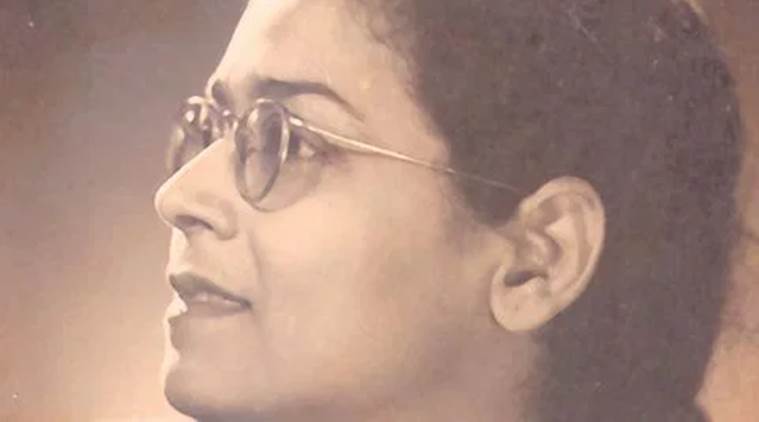Who was Ismat Chughtai?
Ismat Chughtai was writing alongside Saadat Hasan Manto, Rajinder Singh Bedi, and explored female sexuality, class conflict, and middle-class morality through her writings. One of her most enduring works remains the short story, Lihaaf (The Quilt).

Ismat Chughtai explored female desires and their struggles through her writing. (Source: File Photo)
One of the most celebrated Urdu authors, Ismat Chughtai was born on August 21, 1911 in Badaun, Uttar Pradesh. Chughtai, writing alongside the likes of Saadat Hasan Manto and Rajinder Singh Bedi, explored female sexuality, class conflict, and middle-class morality. One of her most enduring works remains the short story, Lihaaf (The Quilt)that appeared in Adab-i-Latif, a literary magazine based in Lahore. Told from the perspective of a young girl, the story explored the theme of homosexuality under the ‘lihaaf’. Published in 1942, Chughtai’s bold, iconoclastic writing sparked a controversy and the author found herself at the receiving end of scathing criticism. Later, charges of obscenity were also levelled against her.
Her works include short stories like Kalyan, Ek Baat, Choten, among others. Hardly one to bow to conventions, Chughtai relentlessly wrote about women, their desires and the oppression they faced. Her novel Tedhi Lakeer (The Crooked Line) is one of the famous works in Urdu literature.
Her protagonist Shama is rebellious, headstrong and knows what she wants. Chughtai presents a word picture of the way Indian Muslims lived under the colonial rule, and explores their struggles and desires. Often considered as a quasi autobiographical work of the author, Tedhi Lakeer is also her magnum opus that provides a commentary on the state of the country just before Independence.
Chughtai passed away on Oct 24, 1991 and remains an integral figure in Urdu literature. Her works continue to initiate discussions and no discussion about feminist literature or women authors are complete without her.






















No hay comentarios:
Publicar un comentario